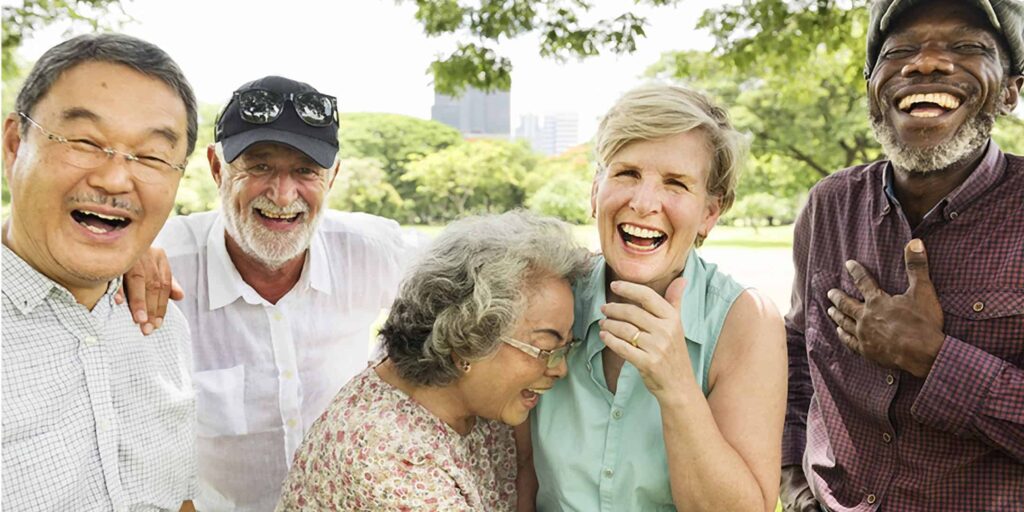One of the greatest benefits of moving into a senior living community—whether independent or assisted living—is the opportunity to form meaningful connections with peers. Friendships play a crucial role in emotional well-being, physical health, and overall happiness, making social engagement an essential part of the senior living experience. A Harvard study found that maintaining strong friendships in later life is as important as exercise and diet for longevity. Here are several amazing benefits of close friendships:
Emotional Well-Being & Mental Health: Loneliness and social isolation can have significant negative effects on mental health, leading to feelings of depression and anxiety. Friends help navigate life transitions, such as retirement, loss of loved ones, or health challenges, making aging a smoother process.
Reduced Risk of Depression: Socially active seniors are 40% less likely to experience depression (National Institute on Aging).
Lower Stress Levels: Engaging with friends reduces stress-related inflammation, which is linked to various chronic illnesses (American Psychological Association).
Increased Happiness: A study found that seniors with close friendships reported greater life satisfaction and happiness, regardless of physical health conditions (Journal of Aging and Health).
Physical Health Benefits: Social connections have been linked to improved physical health in seniors. Friends often encourage each other to stay active, participate in group exercises, and maintain healthy habits, all of which contribute to longevity and overall well-being.
Stronger Immune System: Seniors with active social lives are less likely to get sick and recover faster from illnesses (Mayo Clinic).
Better Heart Health: Having strong friendships lowers the risk of high blood pressure by 20-30%, reducing the chance of heart disease and stroke (Harvard Medical School).
Social Engagement: stimulates memory and thinking skills, helping to slow cognitive aging by up to 25% (Journal of Gerontology).
Increased Mobility: Social engagement is linked to better physical function and mobility, helping seniors maintain independence longer (National Institute on Aging).
Encouragement of Socialization: Many senior living communities offer group activities, such as fitness classes, arts and crafts, book clubs, and game nights, which provide ideal settings for making friends. These shared experiences create bonds among residents, making participation more enjoyable and reinforcing a sense of community.
Creating a Sense of Purpose: Friendships add meaning and joy to daily life. Whether it’s sharing meals, attending social events, or simply enjoying a conversation on the patio, these connections bring laughter, comfort, and fulfillment. A strong social circle can make all the difference in turning a living space into a true community and new acquaintances into extended family.

